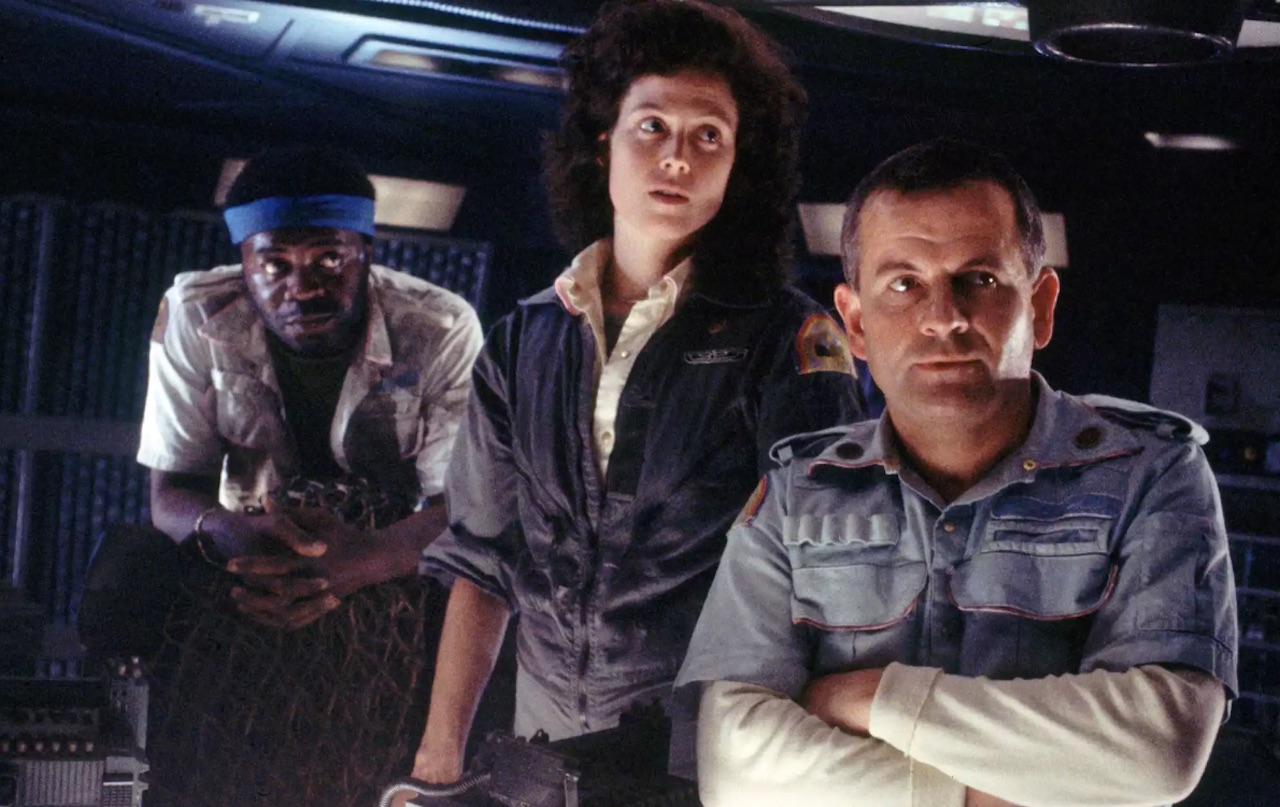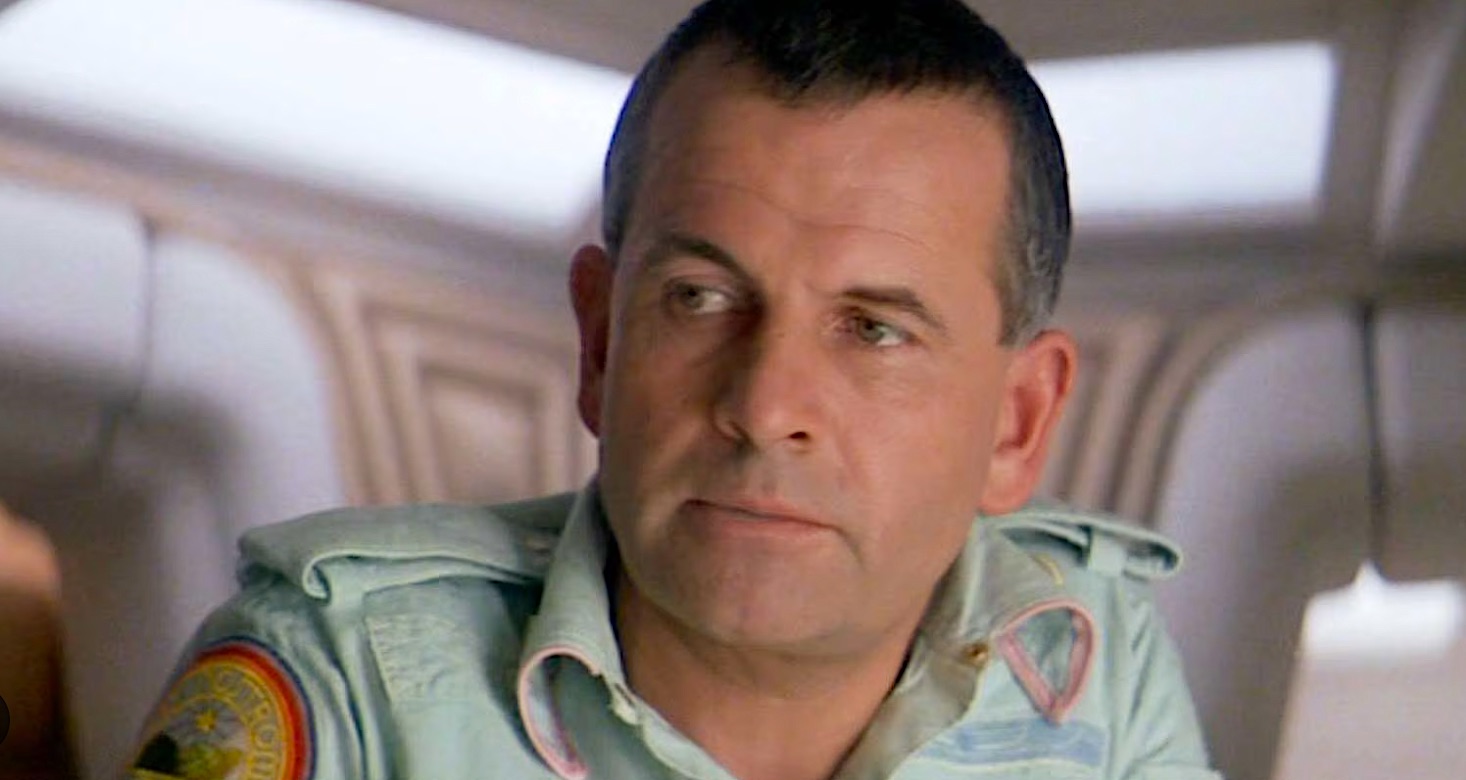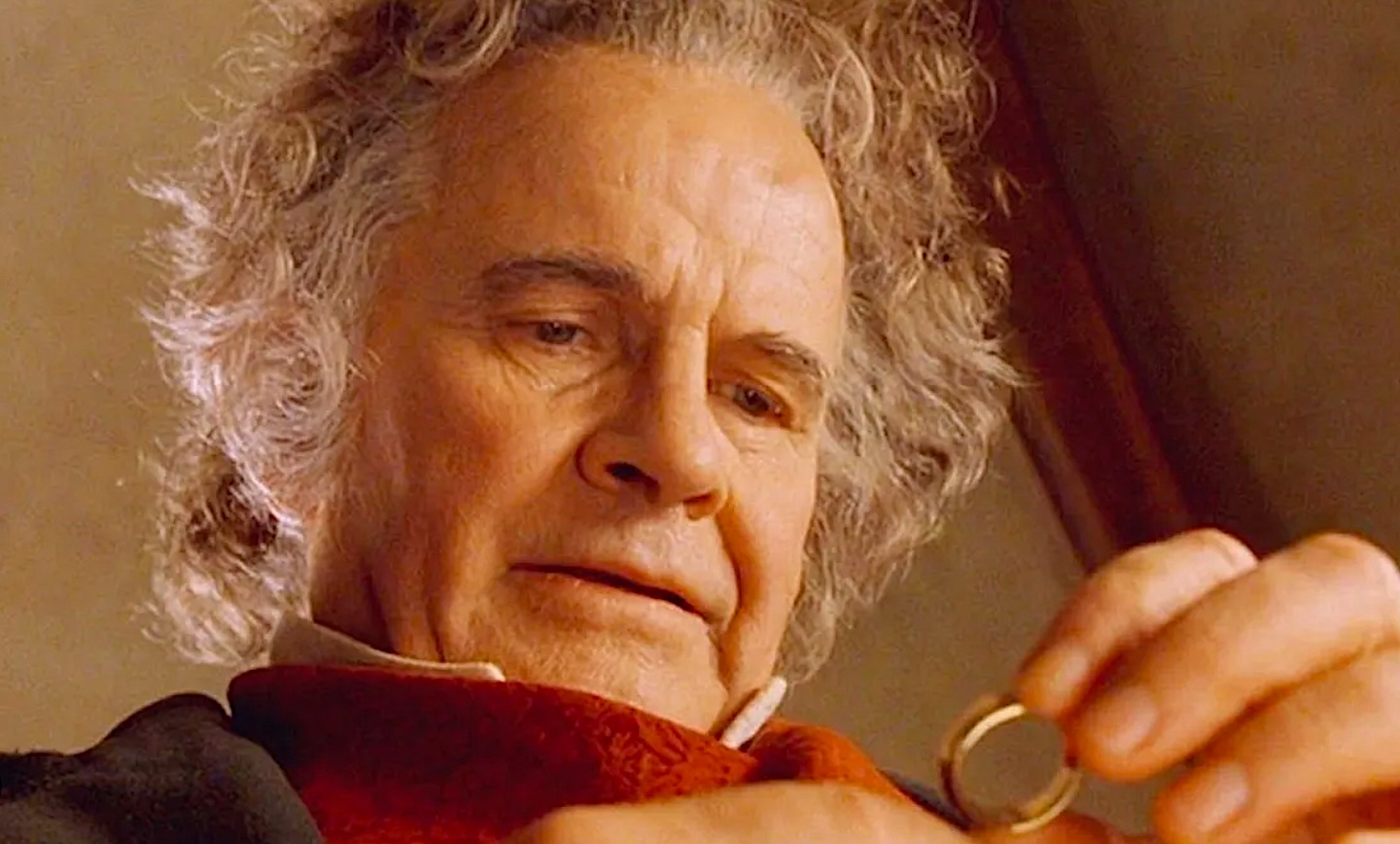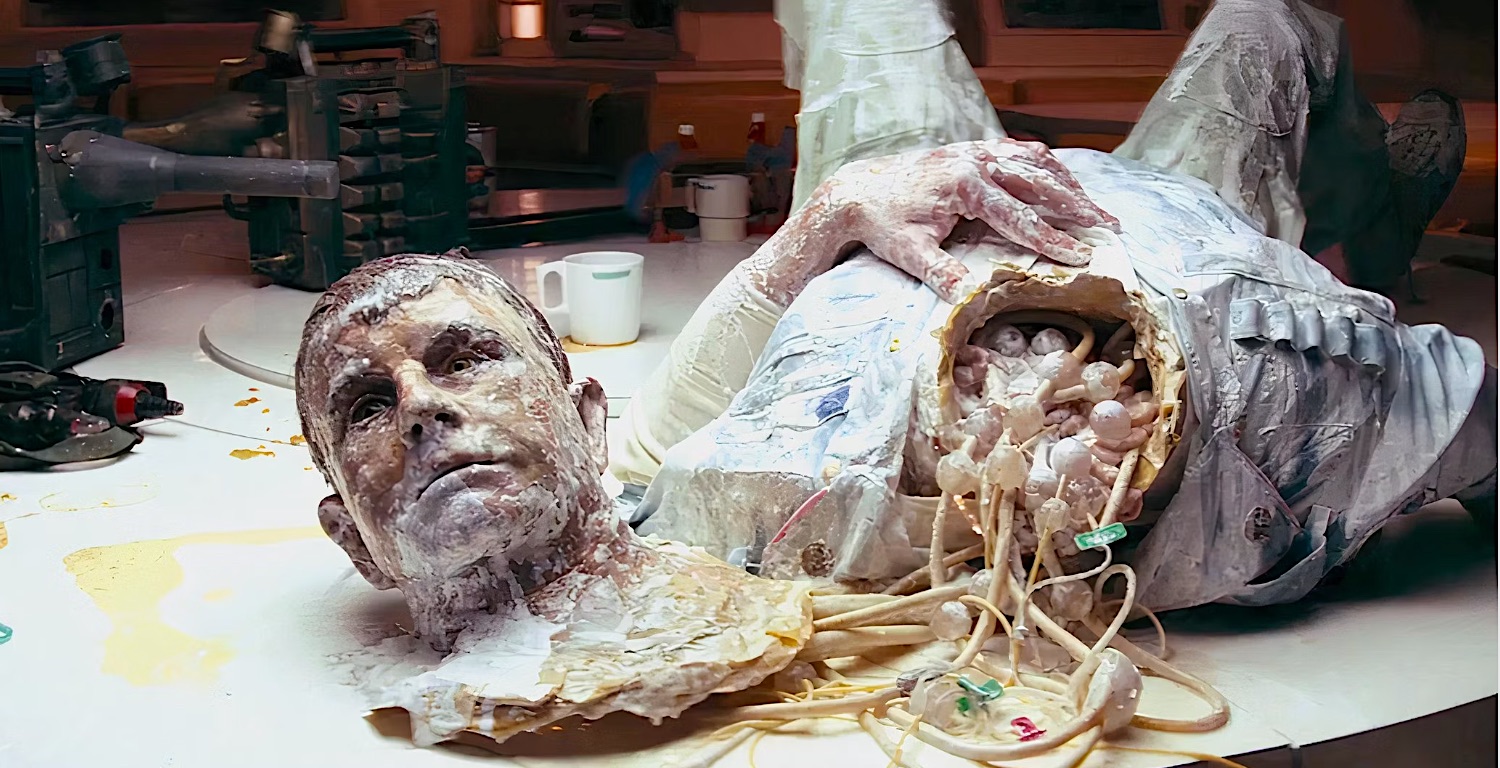Who is Rook, the Renaissance station's robot science officer in 'Alien: Romulus?'
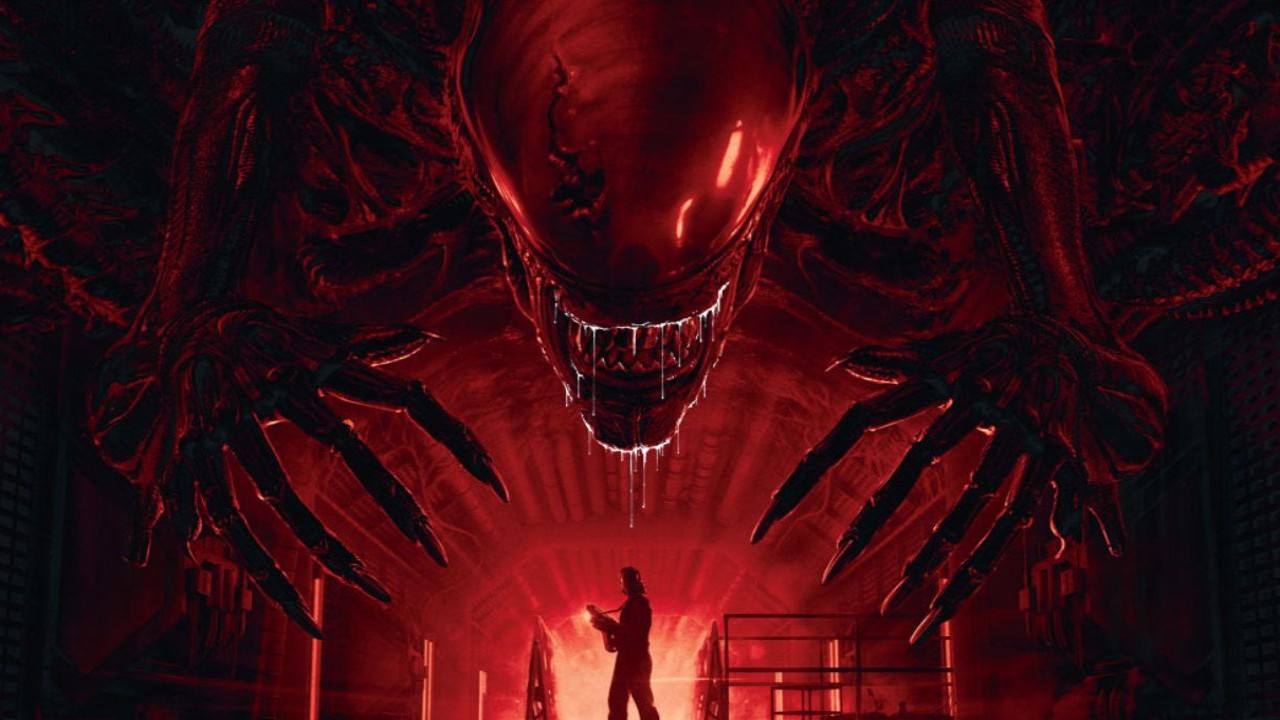
It's always comforting to find a familiar face in strange and potentially hostile settings.
That's especially true if it's a spooky abandoned Weyland-Yutani space station called the Renaissance where secret xenomorph experiments are conducted, as seen in "Alien: Romulus." Avid fans adept at details might quickly notice that Rook, the research base's injured Science Officer in director Fede Alvarez's new "interquel," bears a remarkable likeness to the Nostromo's sleeper cell Science Officer android named Ash in the first "Alien," who was played to perfection by acclaimed British actor Sir Ian Holm. These two key synthetics share a similar Weyland-Yutani parentage and serve to create a narrative bridge between "Alien" and "Alien: Romulus" that not everyone is very happy with due to the ghoulish nature of bringing dead actors back to life using CGI.
So how are these corporate cyborgs related and why do they share the same face? Let's delve into the family history of these twitchy crew members and get under their artificial skin to see what makes Ash and Rook tick in the "Alien" universe!
Who is Rook in "Alien: Romulus?"
One of the more controversial moves director Fede Alvarez pulled off in this seventh "Alien" film is to feature a damaged Science Officer robot named Rook aboard Weyland-Yutani's Renaissance space station and research facility. Rook has a nearly identical appearance to the Nostromo's treacherous android named Ash that was portrayed by the acclaimed Ian Holm in Ridley Scott's "Alien."
Since "Romulus" is set only two decades after that seminal movie, it stands to reason that Rook and Ash are the same robotic model and share many features of their advanced AI systems.
Rook was the head of the science team that was tapping into the DNA of a recovered fossilized xenomorph, the same one Ripley supposedly destroyed at the end of "Alien," to derive an elemental fluid that provides the extraterrestrial species with its powers of immense strength, unlimited regeneration and extreme resiliency.
Once powered up after being left for dead by that same hibernating creature, Rook relays info on what sort of mad scientist experiments they were carrying out there.
Breaking space news, the latest updates on rocket launches, skywatching events and more!
Who was Ash in "Alien?"
Introduced in director Ridley Scott's "Alien" from 1979, Ash was a Hyperdyne Systems model 120-A/2 android designed by the Weyland-Yutani conglomerate and portrayed onscreen by actor Ian Holm. Substituted at the last minute by the villainous mega-corporation, owners of the automated mineral ore refinery and its commercial towing vehicle, Ash was the Nostromo's synthetic Science Officer.
His true identity unknown to the rest of the six space truckers, Ash was assigned to carry out Special Order 937, which was to retrieve a specimen of any alien lifeform on the planetoid LV-426 with the unknowing crew considered expendable at all costs. Once his secret agenda was exposed, Ash tried to kill Ripley using a rolled up magazine before having his head torn off by Parker wielding an oxygen canister.
Holm gave a brilliant performance as Ash, providing the character with an icy detachment, calculating determination and even a touch of gallows humor before being melted by Parker's handy flamethrower.
Why did Ian Holm not return to play Rook?
The very simple answer is that Ian Holm sadly passed away in June of 2020 at the age of 88 after a phenomenal career that saw him play Bilbo Baggins in Peter Jackson's "The Lord of the Rings Trilogy" and an introductory flashback in "The Hobbit: An Unexpected Journey." Had he been alive and consented to his likeness being used or face being digitally de-aged, there might not have been any uproar over his surprise appearance in "Romulus," but such was not the case.
"Rook is a different character, but I play with your prejudice because fans of the original know that face," Álvarez told THR. "There's also a whole generation [of new viewers] that are going to watch this movie and the character is not going to mean much to them. They're not going to feel that effect, but for the ones who've seen the original, they know that he shouldn’t be trusted."
How was Ian Holm's likeness created in "Alien: Romulus?"
Via high-tech Hollywood wizardry, a digital doppelgänger of the late Ian Holm was conceived by employing a combination of deep-fake AI trickery, computer modeling, and old-school animatronic puppetry to create a convincing character that delivers vital information to Rain and her friends regarding the Renaissance research station and its attempt to distill the Prometheus Z-01 elixir. As they'll later see, this unstable serum extracted from the "Big Chap" xenomorph becomes a monstrously dangerous mutagen with devastating genetic side effects in "The Company's" unethical quest to create a more resilient workforce for off-world colonies and extend human life.
This digital cloning technique has some fans' feathers ruffled but it's a nostalgic connection back to the franchise's '70s roots. Alvarez has gone on the record stating that he first consulted Holm's widow and family for fear that it would be disturbing seeing their loved one on screen again, but the estate was in full cooperation and gave permission for Holm's likeness to be used in "Romulus."
For Rook's voice speaking exposition dumps filling in the crew of doomed scavengers on their chance of survival, Daniel Betts provided those vocals and on-set acting.
Reviving a beloved actor from an iconic film using 21st century technology is a controversial element of "Romulus" that has the faithful divided. Was it misguided fan pandering that serves as a distraction, or is the decision to bring Holm back from the dead just a harmless cameo and a tribute to a classic antagonist? You decide!
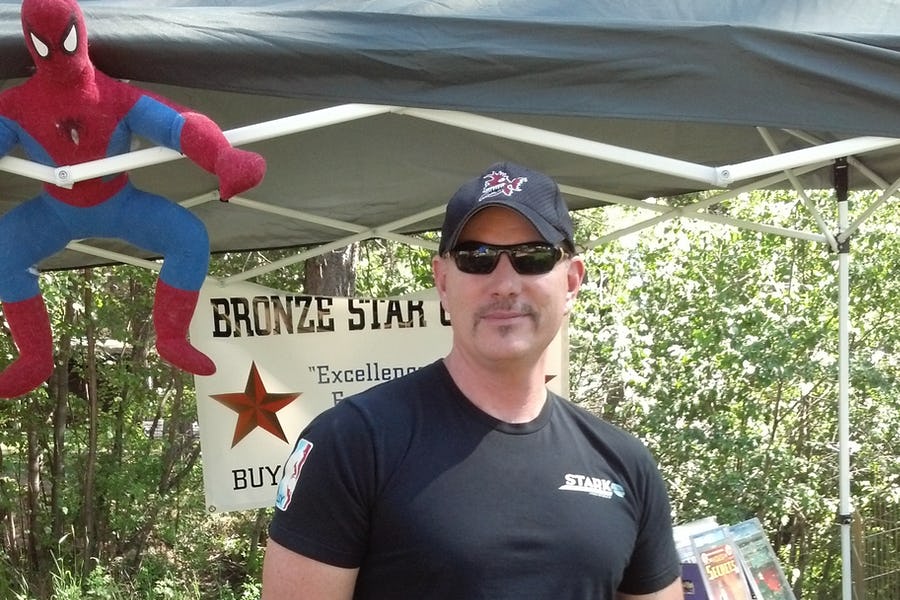
Jeff Spry is an award-winning screenwriter and veteran freelance journalist covering TV, movies, video games, books, and comics. His work has appeared at SYFY Wire, Inverse, Collider, Bleeding Cool and elsewhere. Jeff lives in beautiful Bend, Oregon amid the ponderosa pines, classic muscle cars, a crypt of collector horror comics, and two loyal English Setters.
